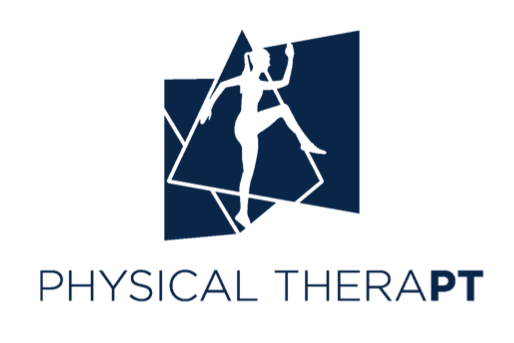There is no magic number when it comes to sleep. Different individuals need slightly different amounts of sleep. They also have varying natural circadian rhythms. However, thanks to sleep scientist Dr. Matthew Walker, we know that practically all humans* require a minimum of seven hours of sleep to function optimally. The average American adult only gets six and a half hours. Dive into how you can optimize your sleep routine to support your athletic goals, and keep your immune system in prime function.
Stress Isn’t Good, or Bad.
Stress may not always deserve the bad reputation it’s gained, but it does require our attention. At its core, stress is simply a “physical, mental or emotional factor that causes bodily or mental tension.” Going for a run is a type of stress, so is that pre-race excitement you feel. Scrolling through too many tweets on COVID-19 causes stress, just like being sick can cause stress. What if we have the power to change how we interact with stress?
You Do You
Let’s talk about load. Researcher Tim Gabbett defines load simply as “the act of performing work in preparation for, or carrying out an event.” This includes your workout and everything else that makes up your day. Load response is “the physiological, psychological or biomechanical response to performing that work.” These responses can be positive, negative or neutral depending on how prepared we were for said load.To do this, we need to ask ourselves two key questions:
What does my current physical activity look like?
What are my goals?
Can You Outrun Illness?
General common sense, as well as scientific research, tells us that lifelong physical activity acts as a protecting agent against chronic illness and disease. If you’re able to consistently rack up 300 minutes of moderate intensity activity per week, you’re at much lower risk for things like cancer, cardiovascular disease and other inflammatory disorders. Regular physical activity also increases your resilience against communicable diseases, like bacteria and viral infections. However, here’s where the research starts to diverge.
Finding Gratitude in Recovery
Setbacks, particularly injuries, suddenly make us realize everything we used to have. Our patients often share feelings of angry, frustration, regret and fear with us during their sessions. They often ask what they should have done, could have done better, to have avoided this outcome. But ultimately, injuries happen, even to the most prepared.




